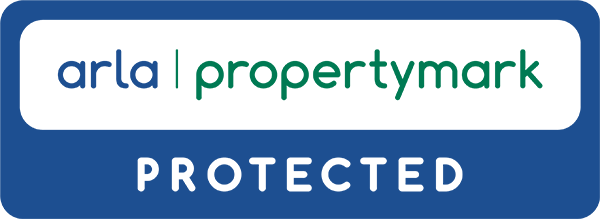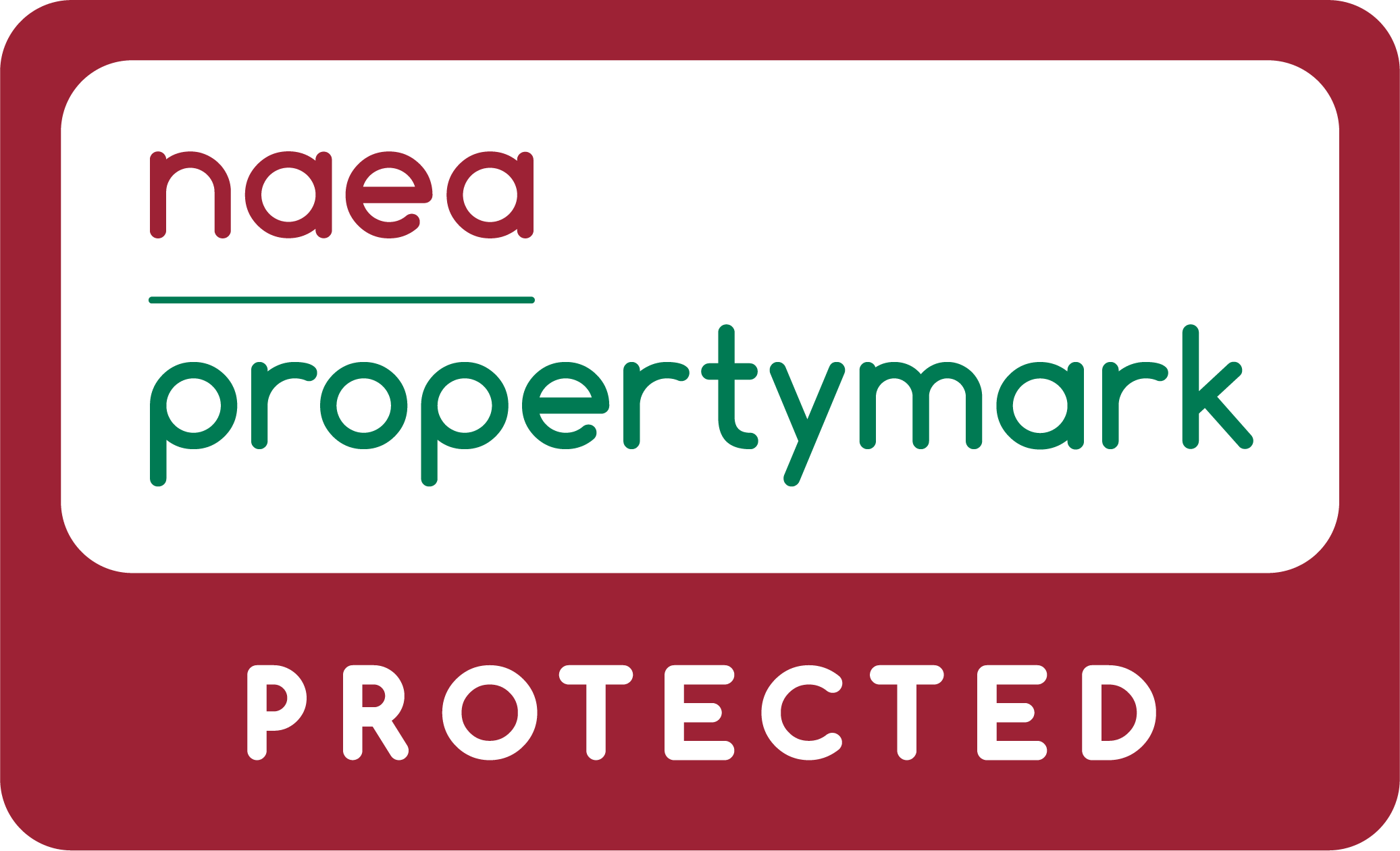Renters' Rights Bill Update: What Landlords should know about the latest developments
The latest amendments to the Renters’ Rights Bill shows a commitment to balanced reform—supporting tenant rights while protecting landlords’ ability to operate effectively.
As the UK Government continues its legislative push to reform the private rented sector, the Renters' Rights Bill has taken another step forward. Recently completing its Report Stage in the House of Lords, the Bill is now set for a Third Reading in the Lords on 21 July 2025, after which it will return to the House of Commons for final scrutiny in September. This marks a pivotal moment in the Bill's journey toward becoming law, likely to occur in autumn 2025 at the earliest.
For landlords, these developments carry important implications. The recent amendments reflect a mix of landlord advocacy successes and additional regulatory powers for local authorities. From changes in student tenancy law to pet deposit regulations, here’s a breakdown of what’s changed—and how it affects you as a landlord.
Supporting student letting markets
One of the most impactful changes for landlords with student properties is the expansion of eviction Ground 4a, which now includes one- and two-bedroom student lets. Previously, this provision applied only to larger student households. Thanks to advocacy by industry bodies such as Propertymark, this amendment means landlords can now manage smaller student tenancies more effectively, aligning tenancy cycles with academic terms.
This update recognises the practical reality of student lettings, especially in competitive markets where annual turnover is high. It gives landlords increased confidence that properties can be returned for the next academic year without unnecessary delays or complications.
If you own or manage properties in a university town or city, this is an excellent time to review your tenancy structures. Ensure that contracts are clear, dates are aligned with term times, and communication with tenants is well documented. The new rules offer reassurance, but preparation is still key.
A practical approach to pet ownership
Another significant amendment involves pet ownership in rental properties. The original version of the Renters' Rights Bill proposed that tenants be required to take out pet insurance as a condition of keeping animals in rented homes. However, following concerns about the complexity and reliability of insurance products, this requirement has now been dropped.
Instead, the revised Bill allows landlords to request an additional three weeks’ rent as part of the deposit to cover any potential damage caused by pets. This is a more straightforward and transparent method of protection, aligning better with existing deposit frameworks and simplifying the process for both landlords and tenants.
While this change supports pet-friendly tenancies, it’s important to remember that the additional deposit must still fall within legal caps. You’ll also want to revise your tenancy agreements to clearly state expectations regarding pet behaviour and property care. Clear guidelines can prevent misunderstandings and ensure you’re protected should any damage occur.
This compromise reflects the Government’s broader aim to balance the rights of pet-owning tenants with the legitimate interests of landlords. Encouraging responsible pet ownership, while maintaining safeguards for property conditions, should remain a priority for any landlord adopting this approach.
Increased powers for local authorities
A major shift in enforcement policy comes with the enhanced powers granted to local authorities to conduct unannounced inspections of rental properties. Under the previous system, both tenants and landlords were entitled to receive 24 hours’ notice before an inspection or enforcement visit took place.
With the new amendment, while tenants will continue to receive that notice, landlords will no longer be notified in advance. Instead, they will be informed within what the legislation terms a "reasonable amount of time" after the inspection has occurred. The intention is to stop unscrupulous landlords from covering up poor conditions or attempting to intimidate tenants prior to enforcement visits.
For responsible landlords, this shouldn’t be a cause for concern. However, it does highlight the growing emphasis on proactive compliance. Keeping your properties well maintained, adhering to health and safety standards, and ensuring documentation is up to date will help you stay ahead of any enforcement actions. It’s also advisable to maintain open communication with tenants and deal promptly with any maintenance or legal issues they raise.
While this new enforcement power may seem intrusive at first glance, it ultimately aims to protect tenants and raise standards across the sector. For landlords who are already committed to quality and compliance, it simply reinforces best practices already in place.
Clearer legal guidance through the primary authority scheme
One of the more technical—but highly useful—developments is the extension of the Primary Authority scheme to include the Tenant Fees Act 2019. Until now, this key piece of legislation had been excluded from the scheme, leaving letting agents and landlords without access to consistent, assured advice from local authorities.
Under the updated Renters' Rights Bill, agents—and by extension, landlords—will now be able to seek authoritative guidance on their responsibilities under the 2019 Act. This is a particularly welcome move for those managing portfolios across different local authority areas, where interpretations of the rules have sometimes varied.
Industry bodies such as Propertymark and the Property Ombudsman will also benefit from this change, enabling them to better support members with consistent advice. For landlords, this creates a more stable and predictable regulatory environment, allowing you to make informed decisions and avoid unintentional non-compliance.
What happens now?
With the Third Reading in the House of Lords scheduled for 21 July 2025, the Bill’s remaining legislative journey is relatively short. This stage typically involves minor revisions and final adjustments. The real focus will shift to the House of Commons from 8 September 2025, where MPs will review and either accept or contest the amendments made in the Lords.
Assuming no major obstacles arise, the Bill could receive Royal Assent by autumn 2025, making its provisions law shortly thereafter. That gives landlords a narrow but valuable window to prepare for the incoming changes. Whether you’re letting to students, considering allowing pets, or navigating local authority interactions, understanding your rights and responsibilities under the new framework will be essential.
If you haven’t already, now is the time to book your free, no obligation Compliance Consultation to help you ensure that your properties are fully compliant with the new requirements set out in the Renters' Rights Bill and you aren't exposed to any potential penalties. If we do identify any gaps in compliance, we will help you to put an action plan into place. To arrange yours, call us on 0161 511 5339 or complete our contact form.






